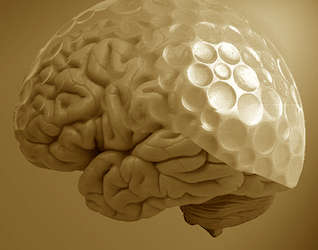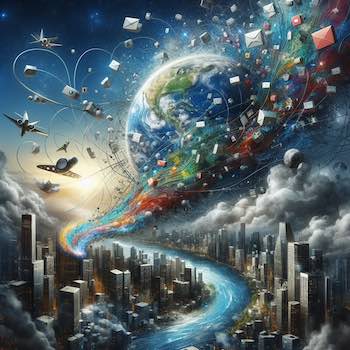Abstract: Can we explain consciousness as a phenomenon today? The problem is already rooted in matter: why do unexpected properties arise from certain physical organizations? Important subsidiary remark: these properties only appear at something at least as complex. It is therefore impossible to reduce the points of view of the constitution and the emergence to each other. It is in this opposition that a fragment of consciousness is born, whose planes are as reality becomes more complex, first in the material levels of information, then virtual in the depth of neural networks. Each level of reality constructs its own bidirectional interaction, the one that constitutes and the one that experiences its constitution. The higher the complexity, the richer and deeper the experienced phenomenon.
How does the brain represent the world?
A brain that gets brushed! A baby looks at a brush. The object has no meaning for her. She sketches one when her mother grabs it to straighten her hair. Years later, the brush is part of a rich mental universe of utensils with well-defined functions. It proposes itself to the consciousness of the baby … Read more










